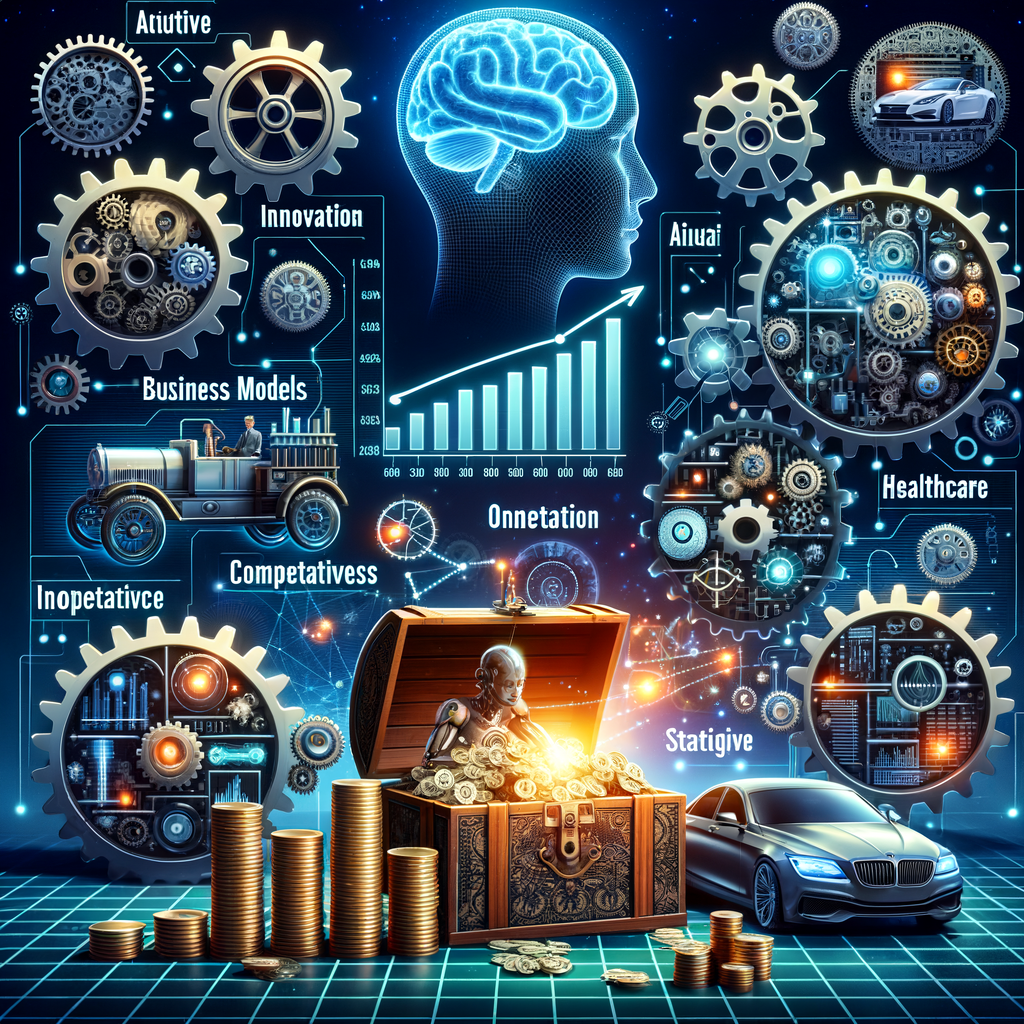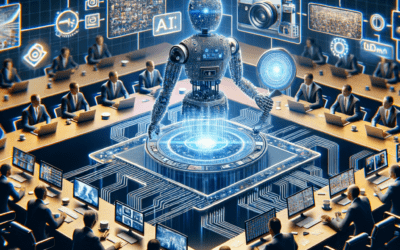Paul’s Perspective:
This article sheds light on the transformative power of AI in industry, making it a must-read for leaders aiming to future-proof their businesses. The insights from Peter Diamandis offer a valuable perspective on harnessing AI for innovation and staying competitive in a rapidly evolving business landscape.
Key Points in Article:
- AI technologies propel a significant shift in various industries, from automotive to healthcare.
- The integration of AI is streamlining operations, leading to cost-saving and revenue-generating opportunities.
- Diamandis predicts a surge in AI-driven business models and strategies.
- Advancements in AI are expected to drive competitiveness and economic growth.
Strategic Actions:
- Understand the current state of AI and its potential to revolutionize industries.
- Identify areas within your own industry where AI can bring about innovation and efficiency.
- Develop strategies to integrate AI into your business operations for enhanced competitiveness.
Dive deeper > Full Story:
The Bottom Line:
- Peter Diamandis discusses how Artificial Intelligence is accelerating industry advancement.
- He emphasizes AI’s role in creating opportunities for innovation and efficiency.
Ready to Explore More?
If you’re intrigued by the possibilities AI presents for your business, our team is well-versed in crafting digital strategies that leverage cutting-edge technology. Let’s collaborate to unlock your company’s potential.





